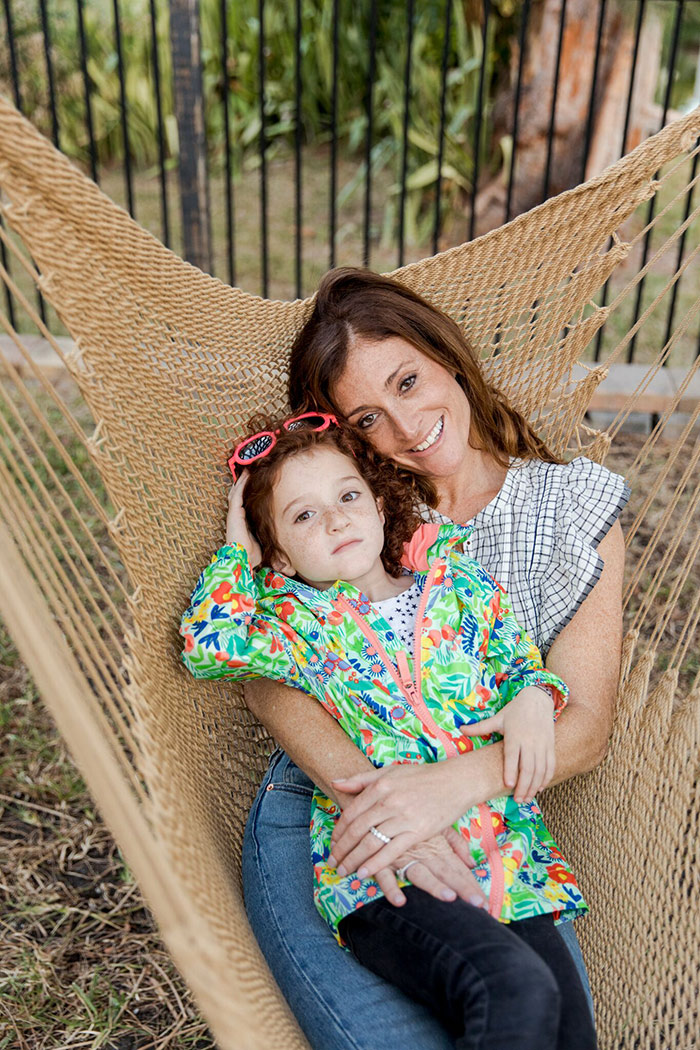
A Pediatrician’s Guide to Itchy Skin: Debunking the Myths of Eczema
*This post is sponsored, but this journey and all opinions are 100% my own.*
As a pediatrician, I find that eczema often provides the most stress and uncertainty for parents. There is so much information out there about eczema, yet so much seems to be conflicting and even misinformation. Many parents will find entirely different answers to the same questions when researching natural remedies for baby eczema or anything about their child’s itchy, rashy skin!
Did you know ONLY 1/3 of websites dedicating content to eczema are actually in agreement with current clinical thinking on this disease?
This conflicting information can make an already frustrating situation seem impossible.
When my sisters and I created Forever Freckled, our mission was to bring our friends and family the most accurate and up-to-date information regarding health and wellness. Navigating “Google” for answers to your medical questions is challenging and can often lead you down the wrong path.
So in keeping with our ultimate mission, I am so honored to be working with Med-IQ today to help generate awareness regarding eczema and atopic dermatitis myths and facts. My hope is to thoroughly answer your questions as an expert in pediatrics and debunk some common myths parents encounter online.
6 Common Eczema Myths Debunked
October is Eczema Awareness Month. And although some of us might not want to admit it, cooler months are approaching. Fall and winter months can be particularly difficult for children suffering with eczema. Dry, cold air often causes winter skin problems, and finding natural remedies for baby eczema can be difficult.
So to prepare for the coming cold weather, I am excited to kick off a two-part segment. I hope to help you understand the truth about eczema and how to successfully treat it.
So let’s dive into some of the most common myths about eczema and what you really need to know.
Myth #1: Atopic Dermatitis and Eczema Are the Same Thing
Eczema is the general name for a group of dermatologic conditions, including contact dermatitis, atopic dermatitis, and others.
Atopic dermatitis is one of several eczema conditions. It is a chronic condition and therefore more challenging to manage. Atopic dermatitis (also known as atopic eczema) can require long-term treatment.
Atopic dermatitis presents as a red, itchy rash that can happen any time of year. It is often worse in the winter months. But it can worsen in the summer for some patients due to heat and humidity. More severe cases of atopic eczema can be quite painful and cover large areas of skin. Atopic dermatitis is most commonly associated with other allergic/atopic conditions, such as seasonal allergies, asthma, hay fever, and food allergies.
Atopic dermatitis is also associated with several mental health conditions, including ADHD, anxiety, and depression. The connection to depression may be due to the distress atopic dermatitis causes.
Myth #2: Eczema Is Rare
SURPRISE – It’s not!
In fact, more than 31 million Americans have some form of eczema. And 10-25% of children have atopic dermatitis. Of that 10-25%, approximately 1/3 have moderate-to-severe cases.
Atopic dermatitis also affects all races. However, we diagnose the disease more commonly in black children. Black and Hispanic children are also more likely to experience severe cases.
Myth #3: Eczema Is Contagious
Eczema is NOT contagious.
And although it is not necessarily genetic, it is about a person’s genes. And some people may have certain predisposing genes.
Gene mutations can cause a loss-of-function of a protein called filaggrin. Filaggrin helps keep the barrier to your skin tight. Patients with filaggrin deficiency have “leaky” skin, which weakens the skin barrier and drives more inflammation. And that inflammation leads to sensitivities to allergens and irritants, potentially causing atopic dermatitis.
Not everyone with atopic dermatitis has filaggrin deficiency, but it is more common in those with severe atopic dermatitis. Flare-ups can occur from a number of things, like a reaction to food or to something your skin has touched (like wool or even pets). Unfortunately, we don’t yet know how to prevent flare-ups from occurring.
Myth #4: Eczema Only Affects the Skin
Moderate-to-severe atopic eczema can have a huge effect on quality of life for both the patient and the patient’s family. It can affect every aspect of life, including sleep patterns, ability to focus in school or at work, mental health, and stress levels. Stress is especially relevant right now while life is so unpredictable and uncertain.
Eczema can also affect your child’s self image. For instance, consider a child with severe atopic dermatitis. If it’s on a part of their body that is visible, other children might comment on their condition and wonder whether it’s contagious. No one wants their child to be the recipient of stares or bullying.
In addition, there is an economic impact to eczema for many patients because over-the-counter (OTC) medicines and treatments can be really expensive. Additionally, some patients cycle through several treatments before finding anything that helps, which can be both frustrating and expensive.
Atopic eczema increases the risk of infections, and not just infections of the skin. It can also affect a patient’s ability to function in their daily lives. So parents of children with atopic eczema should definitely speak with their pediatrician about seeking treatment early.
Myth #5: Your Child Will Grow Out of Eczema
Eczema most commonly occurs in babies and toddlers, but it can also occur in teens and adults. Parents are often told their child will “grow out of it,” or that it will “go away,” which can be particularly frustrating for parents and adolescents dealing with issues for years.
In fact, because atopic eczema is chronic, it does not just “go away.” You can reduce flare-ups, but you will never cure the condition completely.
Although atopic dermatitis most commonly develops early in life and may be more severe in youth, it can persist into adulthood for many patients.
Around 16.5 million adults in the U.S. suffer with atopic dermatitis. 6.6 million of those patients report moderate-to-severe symptoms.
Myth #6: Your Child Must See a Dermatologist if They Have Eczema
Pediatricians can manage many cases of eczema, even if your child has a moderate or severe case.
The key to getting your child’s eczema under control, especially during the cooler months, is to create and execute a treatment plan for your child when eczema flares up. There are many natural eczema treatment options for babies and children for you to do yourself at home. Often, these treatments and extra measure help prevent eczema flares and dry skin.
5 Natural Remedies for Baby and Childhood Eczema
We don’t have any surefire cures or preventions for eczema flare-ups. But many families say these 5 natural remedies for baby and childhood eczema help.
1. Moisturize, Moisturize, Moisturize!
The best eczema lotion for babies and children will be gentle, oil-based moisturizers with no preservatives. Apply daily to combat dry skin and keep flare-ups at bay.
2. Use a Humidifier
When humidity is low naturally, fake it! Put moisture back into the air during the cold, dry winter months with a humidifier. I recommend using a cool mist humidifier for children.
3. Use Mild, Unscented Body Wash
Scents and harsh chemicals found in some soaps can cause additional skin irritation. So simply stay away from fragrances, and opt for mild cleansers instead.
4. Hydration is Key
Drinking plenty of water can help prevent dry skin and eczema flare-ups and irritation. Think of hydration as moisturizing from the inside out!
5. Avoid Infection
By utilizing these other four tools, you can avoid a more serious situation for your child. Dry, cracked skin is itchy. When kids scratch, bacteria can enter the skin, leading to infections.
Final Thoughts on Eczema Myths and Facts
All of these busted myths and tips being said, if your child’s skin does not appear to be getting any better after following these guidelines and treatments, consult a dermatologist for next steps.
While it’s great to give natural remedies for baby eczema or a rash on kids a try before resorting to medicated creams, use your best judgment. If you notice any redness or if your child is in pain, call your healthcare provider.
And if you have questions regarding any health concerns, whether eczema treatments for kids, rashes in winter, or summer skin irritations, always consult your pediatrician (not Dr. Google).
~Dr. Katie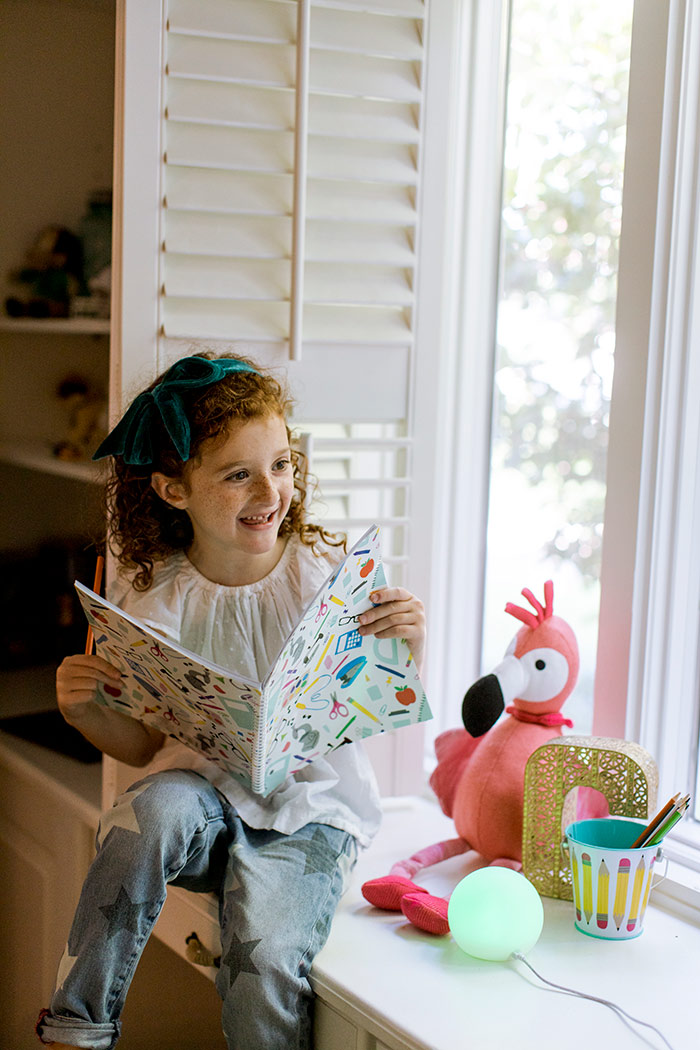
I was compensated by Med-IQ through an educational grant from Sanofi Genzyme and Regeneron Pharmaceuticals to write about the signs, symptoms, and treatments available for eczema/atopic dermatitis. All opinions are my own.
Med-IQ is an accredited medical education company that provides an exceptional educational experience for physicians, nurses, pharmacists, and other healthcare professionals. Through partnerships, like this one, with healthcare professionals, Med-IQ also seeks to guide the general population through obstacles of illness prevention and overall general wellness.
As a pediatrician, I chose to partner with Med-IQ to help generate awareness around the signs, symptoms, and treatments for eczema and atopic dermatitis.
*Links to external sites are provided as a convenience and for informational purposes only. They are not intended and should not be construed as legal or medical advice, nor are they endorsements of any organization. Med-IQ bears no responsibility for the accuracy, legality, or content of any external site. Contact the external site for answers to questions regarding its content.
What You Can Do – Take a Survey!
Med-IQ is conducting an anonymous survey and would appreciate your input. The survey will take less than 10 minutes to complete. Survey responses are shared only in aggregate. Your responses to these survey questions will provide Med-IQ with important information about your experiences with atopic dermatitis, which will help us develop future educational initiatives.
Click HERE for the survey!
Once you’ve completed the survey, you will have the option of providing your email address to be entered into a drawing administered by SOMA Strategies to win 1 of 10 $100 VISA gift cards. If you choose to enter, your email address will be used only to randomly draw the winners and notify them of their prize, and to send a follow-up survey as part of this same initiative.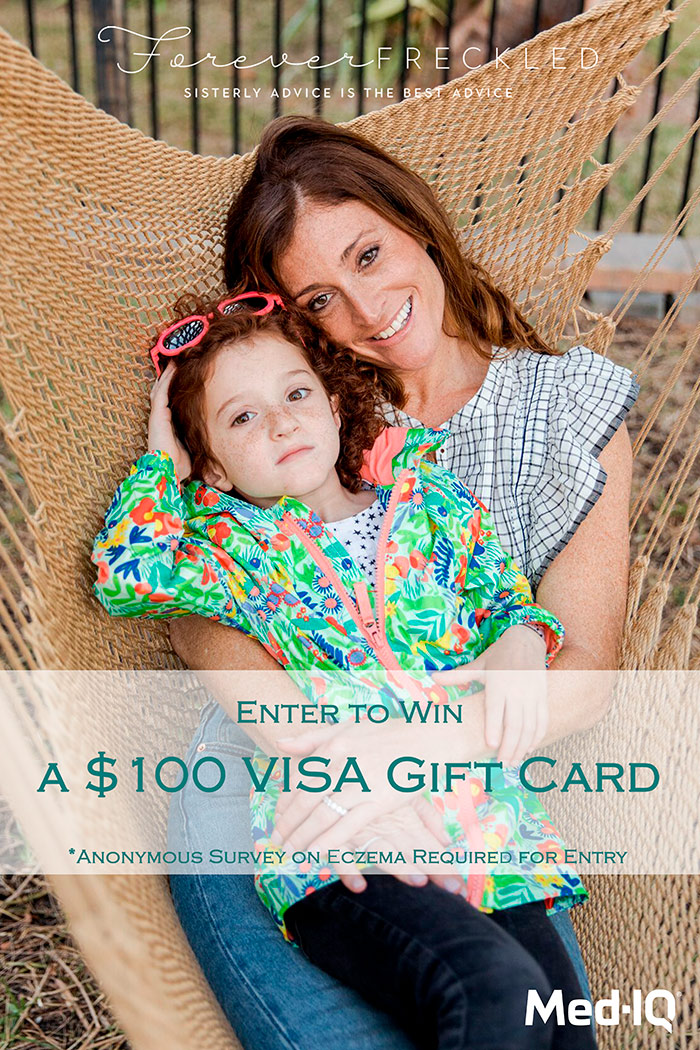

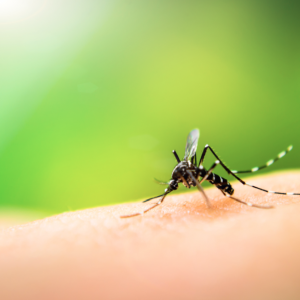

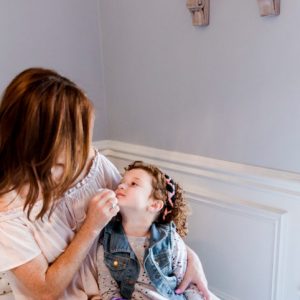

great info Katie! You explain things so well.
This is super interesting information especially the natural remedies for eczema. I will try them. Thank you for sharing!
I had no idea eczema was an umbrella term. That’s incredible helpful to know. We often overlook things like humidity and our water intake. Thanks for confirming the importance of these.
I had no idea about all these myths about eczema. Thank you for sharing.
This was very helpful! My son is almost 4 and has really bad eczema. I just cant seem to beat it. Thanks for the help!
I heard some mamas that D.I.Y. the natural ingredients to make the soaps that could help to cure eczema for their children. Anyway, thank you for your helpful information to let me know more about eczema.
Using mild soap has helped our kids deal with their eczema problems. We have to be careful because our oldest also has sensitive skin.
I was completely unaware about these myths about eczema. Thank you for sharing and explaining things so deeply.
Eczema is a tough thing to deal with. These are good things to help try to help find relief.
Thank you for this! There are so many misconceptions about eczema and some are even shaming others who have this condition when in fact, it can be easily treated and common.
Love this! My mom has eczema badly and I had it on and off during puberty. Totally relate!
My daughter started having symptoms of eczema at the age of 2 she is now 6. These myth busters helped answer a lot of questions
I am definitely familiar with eczema. It is for sure a struggle and can be a frustration. Good points to consider.
Thanks for sharing this mythbuster post.. I know many with eczema. When I was in middle-school, I recall that my closest friend severed from severe eczema with breakouts that prevented her from coming to school for several weeks in a row. I spent every afternoon with her going over schoolwork and we would work on homework /study for tests together. It was painful to watch her go through it yet it brought us closer together.
You would think eczema is just a rash but wow, i didn’t know anything about all these.thank you for educating me.
This is super informative. Will share with a friend who has a child with eczema!
Really great insight and tips for managing eczema flare-ups.
Thank you for sharing all these myths and facts! My younger brother has been struggling with eczema since he was a baby, but now he is 8 so I definitely agree with the myth on how it goes away!
Thank you for this! I have twins that both struggle with eczema!
Thanks for all this information. So important! I have a few friends who have gone through this and yes it affects so much more than just the persons skin. I found it amazing how high a percentage of people have it and it’s not better treatable. Big hug!
Thank you for your well-researched, fact based perspective! It’s a shame that there is so much misinformation out there about this common skin issue. Great to see you using your voice and expertise to help spread awareness!
Great post! As someone who has suffered from atopic dermatitis my whole life, I get frustrated at the misinformation that gets spread.
Great list i know how hard it can dealing with these issues as adult, your poor little girl, hope it helps!
Very informative post on such a common condition that many struggles with, thanks for sharing those simple tips!
I’m lucky and have no problems with my skin but I know from friends how unnerving that can be. It’s certainly good to opt for a more natural approach and try to find out the root of the problem.
You explain all those different aspects really well, thank you!